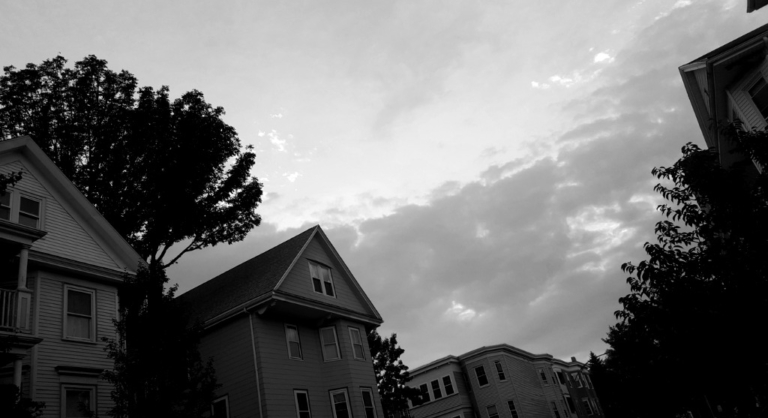Courts and Communities Grapple with Housing and Substance Abuse Crises and the Limits of Local Zoning
Does G.L. c. 40A, § 3, ¶ 4 “impose[] a per se requirement that all sober homes be treated in all circumstances as would single family homes as a matter of law?”
In anticipation of December 2024 oral arguments, the Supreme Judicial Court has requested amicus briefs in SJC-13639, BAK Realty, LLC v. City of Fitchburg (“BAK Realty, LLC”), which asked whether M.G.L. c. 40A, § 3, fourth par. “prohibits the imposition of a zoning restriction on unrelated disabled individuals in a congregate living arrangement that would not be imposed on families of the same size, regardless of whether the restriction is imposed on other groups of similar size of other unrelated persons; or whether, as the appellant contends, § 3, fourth par., permits the imposition of such a restriction, so long as it is also imposed on other groups of similar size of other unrelated persons.”
BAK Realty, LLC arises from an appeal of the Fitchburg Zoning Board of Appeals’ decision to uphold the City Zoning Enforcement Officer’s determination that the maximum number of occupants of the plaintiff lessee’s triple decker dwelling was four per floor, i.e., 12 persons.
As explained in the City’s brief, this number is derived from the City’s reading of the Fitchburg Zoning Ordinance definition of “family” as “[a] person or number of persons occupying a dwelling unit and living as a single housekeeping unit, provided that a group of five or more unrelated persons shall not be deemed a ‘family’ where not related by blood, marriage or adoption, including wards of the state.”
In its brief, BAK Realty, LLC asserts that it “simply requested that Fitchburg treat the occupancy of these three separate homes [i.e., each floor of the triple decker dwelling] with five unrelated disabled individuals per home, the same as any single family for purposes of zoning, so that they would not be excluded, in any regard, from equal access to safe, affordable housing, that supports and promotes their recovery. This would not exempt the property from any safety laws or building code that applies to single-family occupancies.”
Although this appeal could be mistaken for a “simple” discrimination case, both parties acknowledge that M.G.L. c. 40A, § 3, fourth par. 4 bars discrimination against people with handicaps or disabilities. Likewise, the City does not dispute that individuals with substance abuse disorders are considered to be persons with a disability under Massachusetts and federal law.
BAK Realty, LLC is not a simple case, and the briefs are worth reading. As the Commonwealth’s housing and substance abuse crises increasingly require courts and communities to grapple with the limits of local zoning power, BAK Realty, LLC merits close observation.
Tagged In: single-family occupancy, sober homes, zoning ordinance




